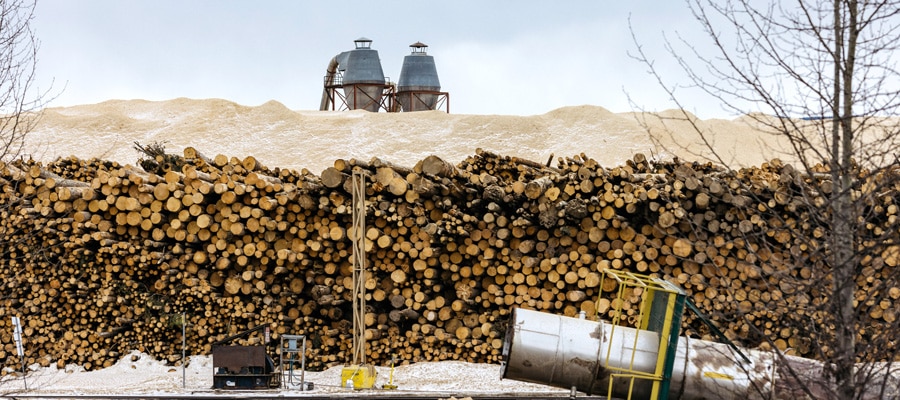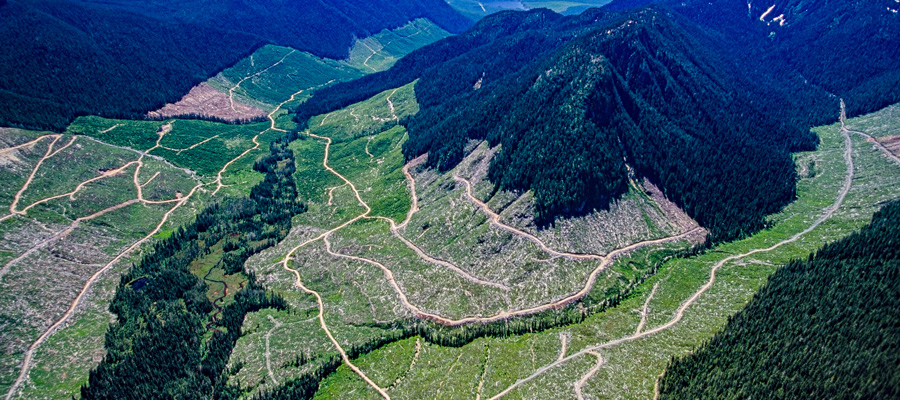Green in a Different Sense
It is all about marketing I suppose, but I still can’t believe the proponents of the Highway 37 Northwest electric transmission line labelling it a green initiative. The only thing green about it is all the money BC Hydro will lose if it goes ahead.
The proponents’ spin is that this transmission line will enable a few remote communities to get off diesel generation. It is not clear that the proposed line will in fact reach these communities, but even if it did, the amount of electricity they use is so small that the GHG reductions would only amount to some 5,000 tonnes per year. At a cost of some $600 million to build the line, over half of which is to be subsidized by government, a 5,000 tonne reduction wouldn’t be much of a bargain. It would cost in the thousands of dollars per tonne of GHGs, an extraordinarily inefficient, non-sustainable way to reduce emissions.
This transmission line is not being proposed to displace diesel generation and reduce GHGs. It is being proposed to supply new mines. Mining, especially metal mining, needs lots of power, and the developers want access to BC Hydro’s integrated grid, and the low power rates BC Hydro offers. Of course one could argue that the line will enable the mines to proceed without diesel generators, and thereby avoid the millions of tonnes of GHGs the mines would emit if they did meet their power requirements with diesel fired generation. But the mines are not going ahead with diesel, nor would it be economic (or environmentally acceptable) for them to do so. You can’t claim benefits from the displacement of diesel generation that wouldn’t in any event take place (though the proponents shamelessly do) .
This proposed transmission line, very plainly, is a mining industry initiative. If it is built, several new mines will be feasible to develop. The question, which government has thus far failed to address and the major local media characteristically have been unable or willing to raise, is whether this makes good economic and environmental sense.
The answer in all likelihood is a resounding no. The economic issue is very simple. All of the new mines connected to the BC Hydro system will be massively subsidized. The price they will pay for the very large amounts of power they need is less than half the cost of the new supply that BC Hydro will incur to meet their requirements. The annual loss borne by BC Hydro and its customers (you, me and every existing business in the province) will be in the tens of millions of dollars per mine. Sure, the mines will create jobs and business activity, but so would any subsidy of that amount. As for the environment — mines are the full meal deal — GHG emissions, local pollutants, habitat loss, long term monitoring issues and concerns. I’m not one to argue we should never develop new mines — but they are hardly the kind of activity you want to subsidize for environmental reasons.
Instead of hiding behind a blatantly false green label, the government should be asking itself whether we should be promoting energy (and GHG) intensive industrial development with the offer of cheap power which we don’t in fact have. B.C.’s cheap power is fully committed; we don’t have any surplus available for sale. It is time for government to face that very important fact.
Topics: Climate change & energy policy, Environment, resources & sustainability


